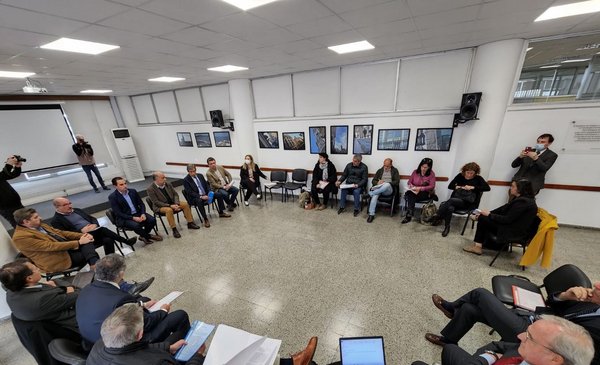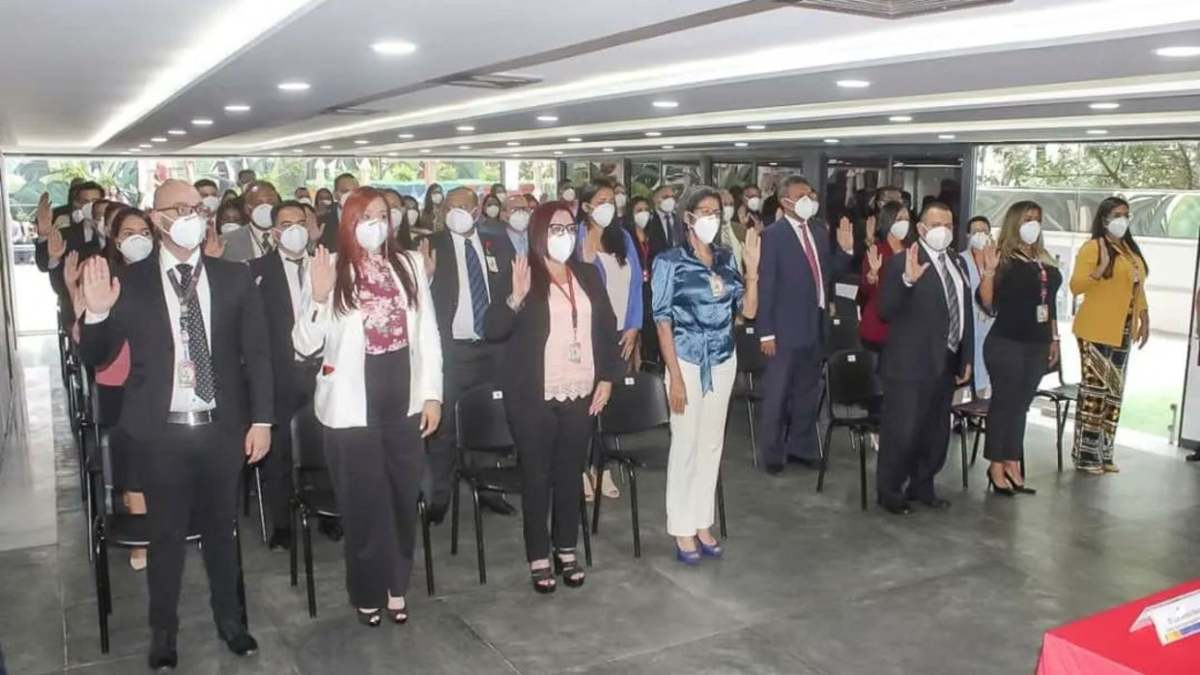Unlike the bulk of private workers who returned to the usual salary negotiation regime last year, this group of some 30,000 workers in the last two years had two consecutive bridging agreements, between July 2020 and June 2022.
A report released by the Cuesta Duarte Institute of the PIT-CNTremarked that as of July of this year, the real salary of workers in these sectors is located 10.57% below the level it had two years earlier.
On this point, it is stated that “Clearly failing to comply with its commitment to salary recovery at the end of the government period”, the Executive Branch presented guidelines for negotiation in these sectors, in which a recovery of salary levels of 9.31% is proposed in the course of 4 years.
This implies: on the one hand, that for these workers, the recovery commitment is obviously not fulfilled at the end of the government period; and furthermore, that not even in a horizon of 4 years is it proposed that the salary return to the real levels it had at the beginning of this administration”says the job.
The guideline suggested by the government proposes four-year agreements with expiration in the middle of 2026. The design is made up of semi-annual adjustments based on projected inflation, plus a recovery component that will be activated in January of each year. To this are added corrections for past inflation as a shield that must be paid, if necessary, every 12 months in July of each year.
Cuesta Duarte added that most of them are workers from “low incomes, which are once again postponed and for which not even in the course of 6 years will they return to the real salary levels they had in mid-2020leaving aside the accounting of the loss they incurred in the course of these years.
The report maintains that although these are areas of activity that have had significant difficulties due to the pandemic, and in general are intensive in employment, “it is not through the reduction of wages or the delay in their recovery that to generate a better perspective for activity and employment in these sectors”.
“Proposals such as these guidelines lead to greater income inequality among wage earners and in society in general, with the addition that they once again harm the most neglected sectors and workers in terms of income”says the report.
The list of sectors included in this round of negotiation includes hotels, restaurants, bars, free shops, school transport, organization and holding of parties and events, travel agencies, ground transportation for tourist groups and excursions. Also to movie theaters, theaters, artists and related non-advertising activities and sports clubs, among others that have returned to work today.







